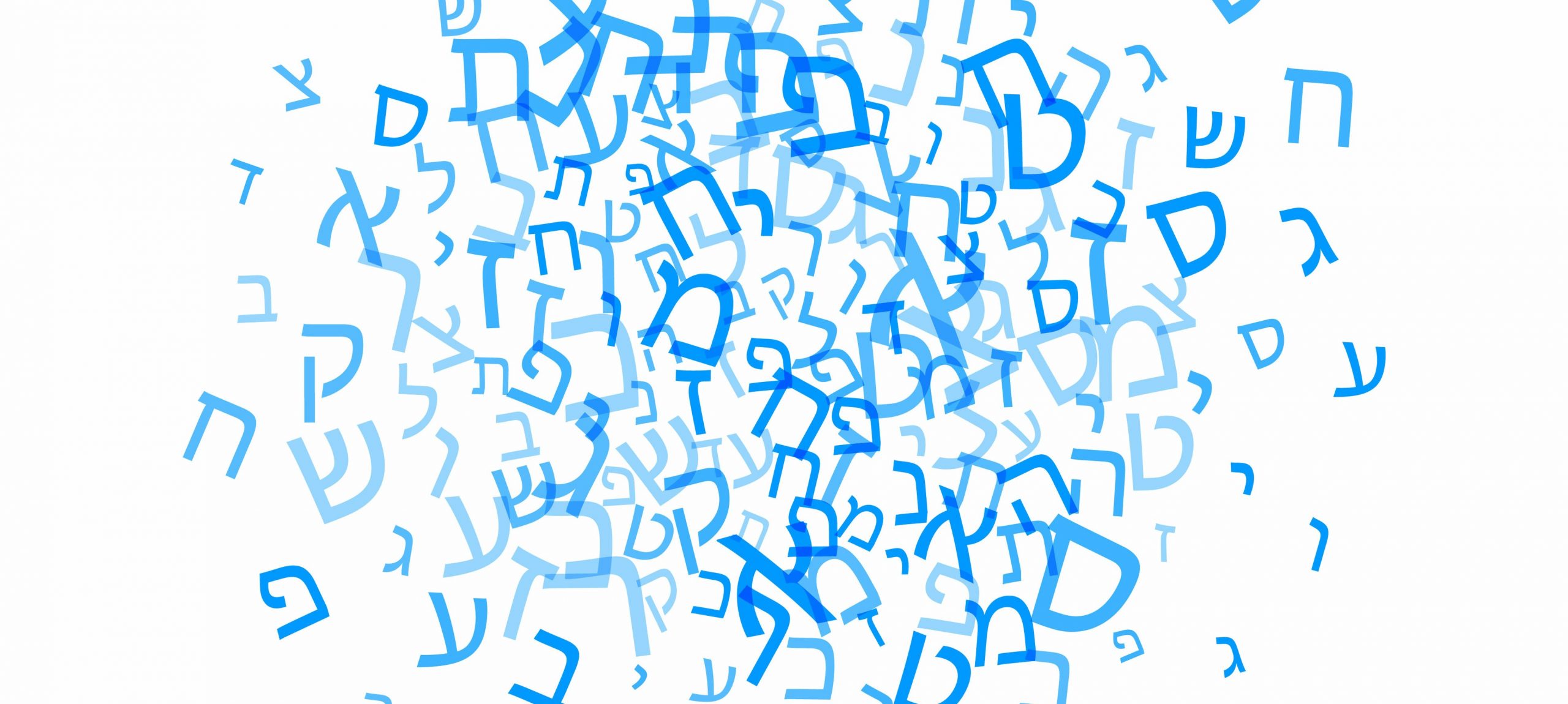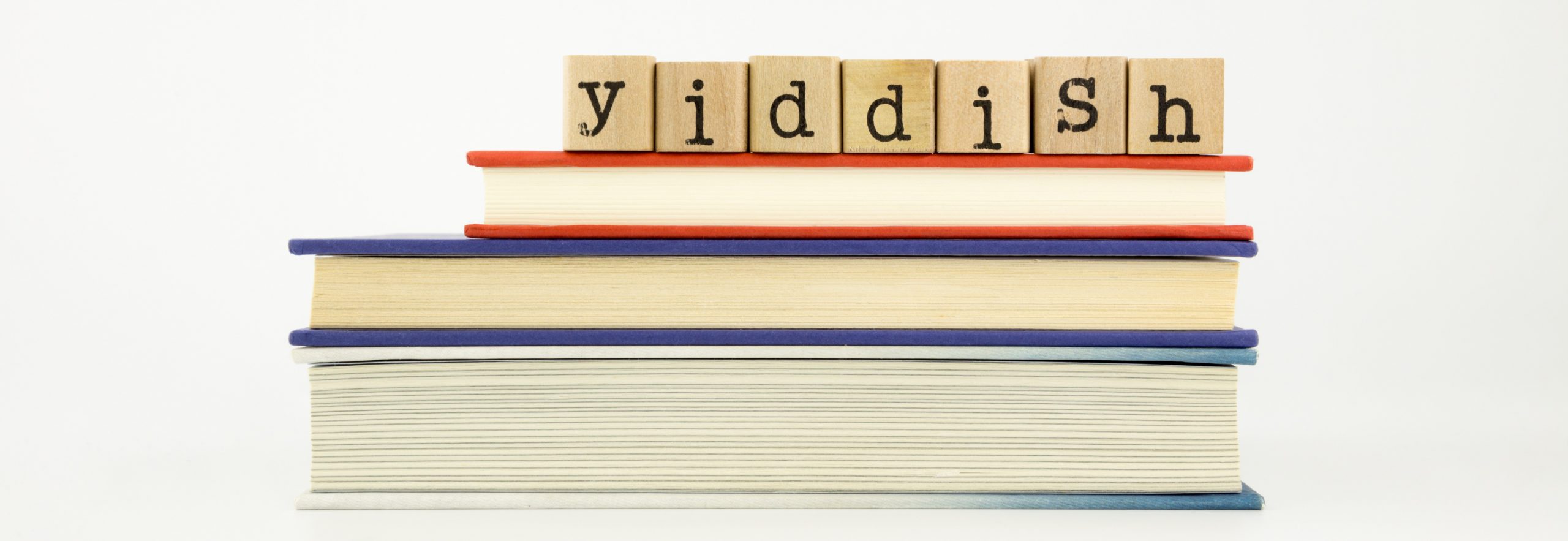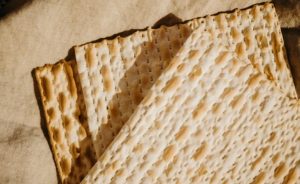6. Chutzpah
This is another famous Jewish word, that has also made its way to Modern Hebrew. It means audacity, bravery, or extreme self-confidence - in either a positive or humorous, "cheeky" sort of way, or as insolence in a bad way. While Israelis are often proud of their chutzpah, which they see as standing up for themselves, look for context clues to see if the word is meant positively or negatively.
Your shul (synagogue) served bagels without lox (smoked salmon)?! The chutzpah!
7. Mensch
A mensch is a person who embodies positive and admirable qualities such as integrity, honor, and honesty. Originally a male term, you may see it used for any gender today, and it can mean either a good Jew or a good person in general.

Shop "mensch" products or other cute Yiddish gifts here!
8. Yenta
This one, on the other hand, is definitely gendered, being normally used for a woman. It has traditionally referred to someone nosy or a busybody or gossip - though today it can also be used as a self-identifier and source of pride, for the sort of Jewish gal who always knows what's what.
9. A Yiddishe Mamme
You can probably guess what this phrase means - a Jewish mom! Referring to one's mother specifically as a yiddishe mamme (or sometimes transliterated as a yiddishe momme) often confers a certain level of admiration for her Jewish values and motherly qualities, and your own mom is sure to take it as a compliment.

Browse beautiful items emblazoned with "a yiddishe mamme" in Yiddish here!
10. Bubbe
Bubbe is Yiddish for grandma - and it's one of our favorite words. Using this for your own beloved grandmother evokes familiarity, love, adoration, and a connection to Jewish culture and generations of bubbes before her. Consider adding this one to your lexicon or teaching it to your kids to carry on that special tradition!

If you're looking to learn more about Jewish languages and fun Jewish phrases, check out our more comprehensive blog on Yiddishisms in the English language, as well as 10 Hebrew Slang Words You Need To Know and 10 Popular Phrases You Didn’t Know Came From the Bible.
Love Yiddish and Jewish humor? Check out our quirky Yiddish gifts as well as our entire collection of fun Jewish items from Israeli design studio Modern Shtetl!















